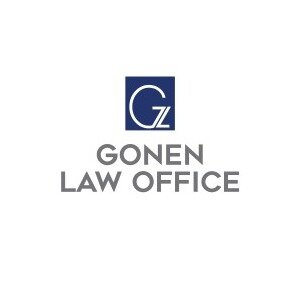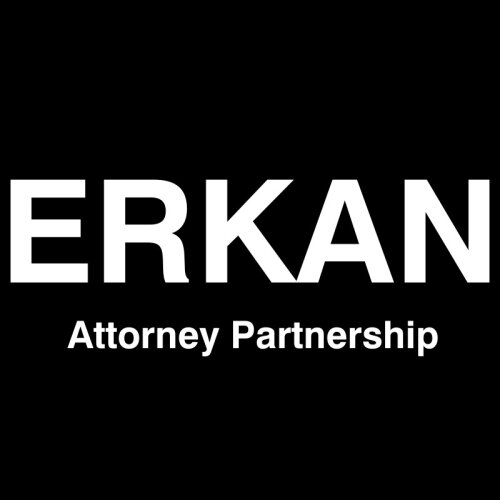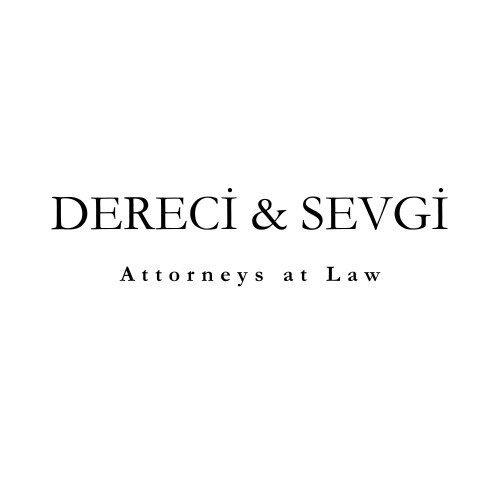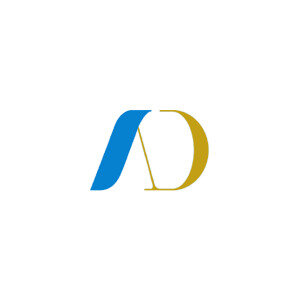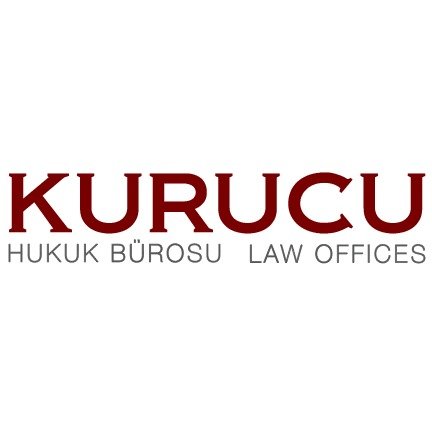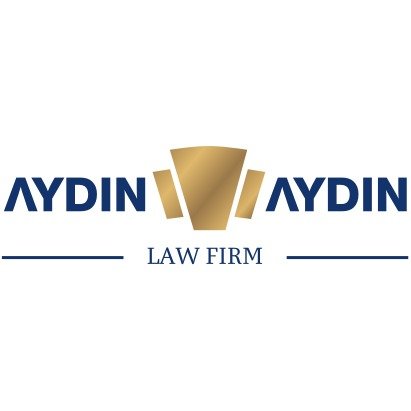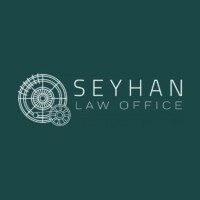Best Sanctions & Export Controls Lawyers in Ankara
Share your needs with us, get contacted by law firms.
Free. Takes 2 min.
List of the best lawyers in Ankara, Turkey
About Sanctions & Export Controls Law in Ankara, Turkey
Sanctions and export controls are legal measures that regulate the movement of goods, services, and technologies across borders to protect national security and uphold foreign policy objectives. In Ankara, Turkey, these laws are enforced by the government to ensure compliance with both national interests and international commitments, such as those set by the United Nations and other international organizations. Sanctions typically restrict certain economic activities with specified countries or individuals, while export controls govern the export and import of sensitive goods, such as military items, dual-use technologies, and strategic resources.
Why You May Need a Lawyer
Navigating sanctions and export controls in Ankara can be complex due to the evolving legal landscape and the potential for significant penalties in case of non-compliance. Common situations where legal help is needed include:
- Exporting or importing goods that may be subject to restrictions
- Establishing or continuing business relationships with countries or parties under sanctions
- Clearing goods through customs that raise red flags under current export control regimes
- Facing investigations, fines, or enforcement actions by Turkish authorities
- Assessing whether a transaction is permissible under Turkish, EU, or international sanctions
- Ensuring proper documentation and licensing for sensitive exports
- Seeking to minimize regulatory risk while conducting cross-border business
Local Laws Overview
The Republic of Turkey has established comprehensive regulations governing sanctions and export controls, implemented in Ankara and nationwide. Key aspects include:
- Customs Law (No. 4458): Sets the framework for the import and export of goods, including prohibited and restricted items.
- Export Control Regimes: Turkey adheres to various international control regimes, such as the Wassenaar Arrangement, Nuclear Suppliers Group, and the Australia Group, especially for dual-use goods and defense materials.
- Sanctions Policies: Turkey enforces United Nations Security Council Resolutions and periodically adopts autonomous sanctions in line with its foreign policy.
- Licensing Procedures: Specific ministries, such as the Ministry of Trade, Ministry of National Defence, and Ministry of Foreign Affairs, handle licensing and permissions for controlled exports.
- Enforcement: Penalties for violations can include seizure of goods, administrative fines, criminal prosecution, and exclusion from government contracts.
- Due Diligence Obligations: Turkish businesses are expected to perform due diligence to ensure compliance with both domestic and international sanctions and export control laws.
Frequently Asked Questions
What are economic sanctions?
Economic sanctions are legal restrictions placed on specific countries, individuals, or entities to prevent certain types of economic activities, such as trade, financial transactions, or transport of goods.
Who regulates export controls in Turkey?
Export controls in Turkey are primarily regulated by the Ministry of Trade, with additional oversight and licensing functions performed by the Ministry of National Defence and Ministry of Foreign Affairs.
What types of goods are restricted in exports?
Restrictions usually apply to military-grade items, dual-use technologies, nuclear materials, and goods destined for countries or persons subject to international sanctions.
Can I export electronic equipment without a license from Ankara?
This depends on the nature of the equipment. Some electronic items, especially those with dual-use capabilities, require prior licensing from relevant authorities.
How do I know if a country is subject to Turkish sanctions?
Lists of sanctioned countries and individuals are published by the Turkish government and the United Nations. It is important to verify the most recent lists before entering into business transactions.
What are the consequences of violating sanctions in Turkey?
Violations can result in administrative fines, criminal charges, confiscation of goods, and loss of business licenses or permits.
Is it necessary to screen business partners in Ankara for sanctions compliance?
Yes, conducting due diligence on business partners is essential to ensure compliance with all applicable sanctions and export controls laws in Turkey.
Are there exemptions to export control regulations?
Some exemptions may be available under Turkish law, especially for certain humanitarian goods or with special permits, but these are granted on a case-by-case basis.
Do Turkish laws comply with EU and UN sanctions regimes?
Turkey generally implements UN sanctions and, where appropriate, harmonizes its policies with EU and other international sanctions regimes, but may exercise its own independent sanctions policies.
How can a legal professional assist with export control compliance?
A legal professional can offer guidance on current legal requirements, help secure necessary licenses, advise on risk mitigation, and represent clients in dealings with administrative authorities.
Additional Resources
If you are seeking guidance or need to report issues, the following governmental bodies and organizations are valuable resources in Ankara:
- Turkish Ministry of Trade: Manages regulations for exports, imports, and customs clearance.
- Ministry of National Defence: Oversees defense-related export controls and military item permissions.
- Turkish National Police Anti-Smuggling and Organized Crime Department: Handles enforcement of customs and export control law violations.
- Turkish Exporters Assembly (TIM): Provides resources and support for exporters.
- Ankara Bar Association: Can help you connect with qualified legal professionals specializing in sanctions and export controls law.
- Turkish Customs Administration: Offers information on import and export procedures, as well as restricted goods.
Next Steps
If you believe you require legal assistance related to sanctions and export controls in Ankara, consider the following steps:
- Gather all documentation related to your business activities, transactions, or shipments.
- Identify any goods, technologies, or business partners that might be sensitive or high risk under Turkish or international law.
- Contact a lawyer or legal advisor experienced in sanctions and export controls to assess your current level of compliance and risk.
- Seek legal advice before entering into any international transaction or exporting controlled goods, to avoid inadvertent violations.
- If you are subject to an investigation or enforcement action, consult a lawyer immediately to assist with compliance reviews and defense strategies.
Having an experienced legal professional on your side can help you understand the laws, mitigate risks, and ensure your business operates in full compliance with Ankara's sanctions and export controls regulations.
Lawzana helps you find the best lawyers and law firms in Ankara through a curated and pre-screened list of qualified legal professionals. Our platform offers rankings and detailed profiles of attorneys and law firms, allowing you to compare based on practice areas, including Sanctions & Export Controls, experience, and client feedback.
Each profile includes a description of the firm's areas of practice, client reviews, team members and partners, year of establishment, spoken languages, office locations, contact information, social media presence, and any published articles or resources. Most firms on our platform speak English and are experienced in both local and international legal matters.
Get a quote from top-rated law firms in Ankara, Turkey — quickly, securely, and without unnecessary hassle.
Disclaimer:
The information provided on this page is for general informational purposes only and does not constitute legal advice. While we strive to ensure the accuracy and relevance of the content, legal information may change over time, and interpretations of the law can vary. You should always consult with a qualified legal professional for advice specific to your situation.
We disclaim all liability for actions taken or not taken based on the content of this page. If you believe any information is incorrect or outdated, please contact us, and we will review and update it where appropriate.






